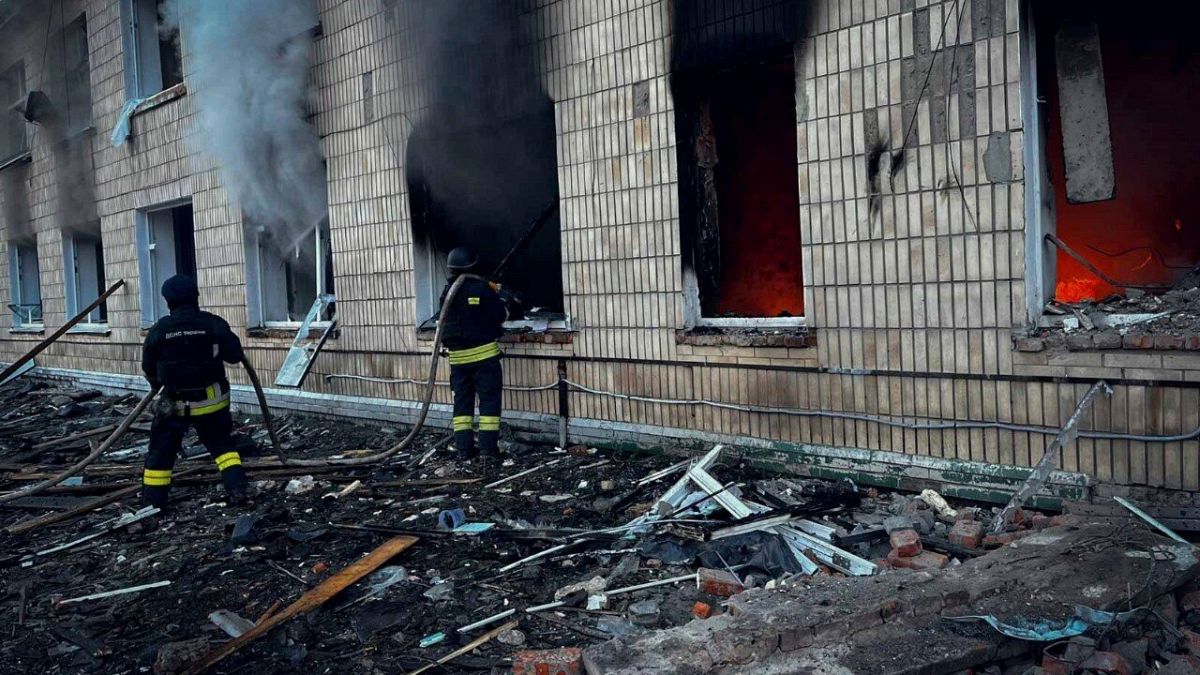Sunken gas reserves must be filled before the heating season arrives

The Danish gas storage facilities are not as full as they should be ahead of the heating season for winter.
So now a tender is being initiated to secure more gas for Denmark’s storage.
This is stated by the Energy Agency in a press release.
Deputy Director of the agency, Peter Christian Baggesgaard Hansen, emphasizes that the overall supply situation is “good”.
“But Denmark is a long way from the EU target we need to reach, and therefore we have an obligation to act,” says Peter Christian Baggesgaard Hansen in the statement.
At the end of June, Denmark’s two underground gas storage facilities were 33 percent full.
The EU sub-target for Denmark is 60 percent by July 1.
By November 1, the gas storage facilities should ideally be 90 percent full.
So now the Energy Agency, on behalf of the government, has initiated a tender to help fill the gas storage facilities.
“There is gas on the market, and the tender should contribute to more of that gas being placed in the Danish storage facilities.”
“This will contribute to supply security over the winter,” says Peter Christian Baggesgaard Hansen.
Denmark’s access to gas is good, writes the Energy Agency, referring to the fact that Denmark is “well connected to neighboring countries” and can receive gas from Norway via the Baltic Pipe pipeline.
Gas production from the Danish fields in the North Sea also exceeds our annual gas consumption at full capacity, according to the statement.
“Denmark’s access to gas is therefore good, and supply security is stable. However, a larger stockpile would make Denmark’s gas supply security over the winter more robust,” writes the Energy Agency.
The tender is managed by Gas Storage Denmark and is scheduled to take place in September.
Denmark’s gas storage facilities account for about one percent of the EU’s total storage capacity.
The European gas storage facilities are on average 58 percent full, which according to the Energy Agency is on par with previous years.
/ritzau/












































